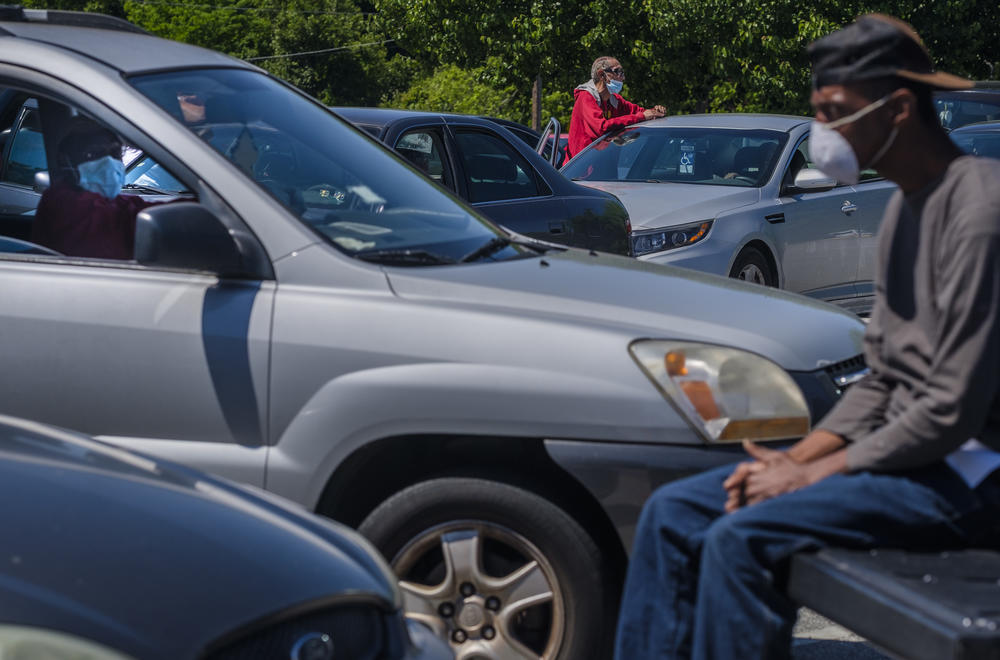Section Branding
Header Content
In Easing Lockdown, Albany Mayor Hopes Kemp Defers To Mayors
Primary Content
President Trump’s plan to relax coronavirus safeguards defers to governors to decide they are ready to start. In turn, the mayor at the center of the most intense viral outbreak in Georgia says he hopes Gov. Brian Kemp will defer to local mayors.
Albany Mayor Bo Dorough enacted a shelter-in-place order well before Kemp enacted one for the entire state, and Dorough still wishes he could under state law be stricter than the governor. For instance, take church services, a sticking point in southwest Georgia, where the outbreak began in church communities attending a funeral.
“We were on a call with clergy today and some of the ministers advised us that they had talked with the governor's office and they were informed that drive in church services are acceptable,” Dorough said. “And it was our opinion that if we're going to proscribe any gatherings of more than 10 people, that's absolutely contrary to what directive we're giving you.”
That conflict between what he feels is best for his community and rules set by the governor illustrates for Dorough something he said even for him was a hard concept to wrap his head around until very recently.
“Up until about 10 days ago, I, like many others, thought we were looking at one day on the calendar when all the restrictions were going to be lifted and everything was going to return to normal,” Dorough said. “But now we realize now that this has to be a transition.”
Dorough said as a public health emergency, the response to coronavirus can’t be like cleaning up from a tornado, something else Albany knows about after three weather related federal emergency declarations in less than two years. Tornadoes come and go but the coronavirus is more or less ambient across communities. How ambient is impossible to know without more testing.
Dorough said that requires a light, community by community hand when it comes to letting people get close enough for “reopening” the economy.
“The governor…what approach he chooses to take it, he needs to be respectful of infection rates in different areas,” Dorough said.
“I have this dark blue with our infection rate per 100,000 in southwest Georgia,” Dorough said, referencing the color Georgia DPH uses to shade the deepest infection rates on their map. “And you go over to Waynesboro and Jesup, and they've got four and five confirmed cases in the county.”
Dorough said what might be good for Waynesboro and Jesup might still spell disaster 150 miles away in southwest Georgia where he lives and works.
Meanwhile, Dorough said he is aware business owners in Albany are hurting. They are his neighbors.
“I know people who own gyms and nightclubs," he said. "So it is difficult to take these precautions and to require people to modify their behavior."
On the other hand, Dorough said he is watching infection rates ratchet up in communities two and three counties away even as Albany starts to simmer down. So, regardless of the politics of easing out of coronavirus, facts on the ground have to hold sway.
“It's not a time to say, ‘The restrictions are being lifted throughout the state’, you know?” Dorough said.



